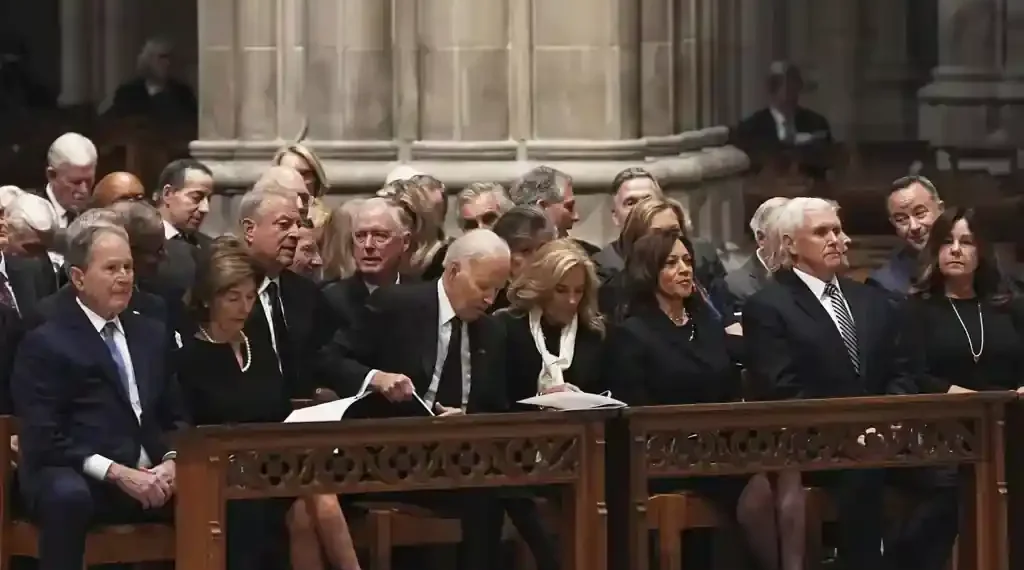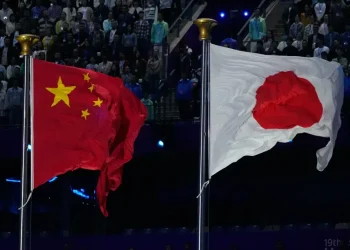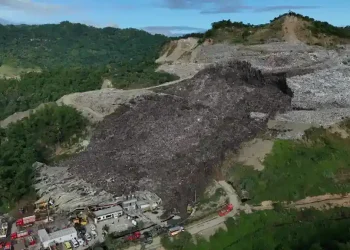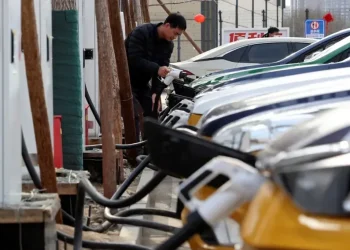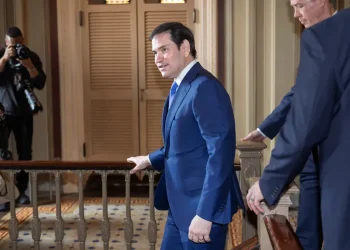A gathering of prominent political figures convened at the Washington National Cathedral on Thursday to honor the life of former Vice President Dick Cheney, who passed away on November 3 at age 84. The service included former presidents George W. Bush and Joe Biden, past vice presidents, lawmakers, and family members, marking a rare moment of cross-party respect. Former President Donald Trump, who had remained publicly silent since Cheney’s death, was notably absent and was not invited to the memorial.
Cheney, a polarizing figure in American politics, served as vice president from 2001 to 2009, playing a key role in shaping U.S. policy on national security and foreign affairs during the Bush administration. His tenure included advocacy for the Iraq War and expanded national security measures following the September 11 attacks.
Eulogies Highlight Service and Character
Bush eulogized Cheney as “solid and rare and reliable,” emphasizing his intelligence, restraint, and ability to serve without personal ambition for the presidency. “Smart and polished, without airs,” Bush said, praising Cheney’s influence and steadiness during a critical period in U.S. history.
Biden, who previously criticized Cheney as “the most dangerous vice president in American history,” spoke of his respect for Cheney’s dedication to family and his principles, underscoring the former vice president’s capacity to leave a lasting legacy beyond partisan lines.
Family Reflections Amid Political Tensions
Liz Cheney, the eldest daughter of Dick Cheney, delivered a eulogy focused on her father’s values and public service. She highlighted his belief that loyalty to the country must always outweigh partisan allegiance. “Bonds of party must always yield to the single bond we share as Americans,” she said, addressing broader themes of civic duty without directly mentioning Trump.
Liz Cheney, a former House Republican leadership member, became a prominent critic of Trump following the January 6, 2021, Capitol attack. Her political career faced setbacks due to her role on the House committee investigating the riot, yet she used the service to honor her father’s life rather than engage in contemporary political disputes.
A Gathering of Washington Figures
The cathedral was filled with political figures spanning decades of governance. Bush and Biden were seated together with their spouses, while former Vice Presidents Kamala Harris and Mike Pence shared a pew. Other dignitaries included Al Gore, Dan Quayle, Senate Republican leader Mitch McConnell, his wife Elaine Chao, Democratic Rep. Nancy Pelosi, and former House Speaker John Boehner.
Tributes also came from Cheney’s longtime cardiologist, Dr. Jonathan Reiner, who recounted Cheney’s perseverance through decades of heart disease, including a heart transplant. “He was always the calmest person in the room,” Reiner said. Cheney’s medical history had once prompted physicians to advise him against continuing his political career, yet he remained active in public service for decades.
Trump and Political Fallout
Trump did not issue a public statement or presidential proclamation following Cheney’s death, deviating from typical White House protocol for notable figures. Similarly, JD Vance, Trump’s vice president, was not invited to the service but acknowledged Cheney’s service in separate remarks, extending condolences to the family.
Cheney’s influence in the Bush administration was notable for both its achievements and controversies. He supported the U.S. invasion of Iraq based on intelligence that later proved flawed and consistently defended broad surveillance and detention policies. Supporters credit him with maintaining national security during a period of global instability, while critics view some policies as excessive and contentious.
Legacy and Political Context
The memorial service underscored the complex legacy of Cheney, particularly in the context of ongoing political divisions. Following the 2020 presidential election, Liz Cheney’s leadership on the House committee investigating the Capitol attack and her condemnation of Trump drew national attention. Cheney publicly criticized Trump’s efforts to overturn the election, calling him a “coward” and challenging attempts to subvert democratic processes.
Her actions contributed to the end of her leadership role and eventual electoral defeat in Wyoming, yet the memorial highlighted the respect Cheney commanded across party lines for his decades of public service.
This article was rewritten by JournosNews.com based on verified reporting from trusted sources. The content has been independently reviewed, fact-checked, and edited for accuracy, neutrality, tone, and global readability in accordance with Google News and AdSense standards.
All opinions, quotes, or statements from contributors, experts, or sourced organizations do not necessarily reflect the views of JournosNews.com. JournosNews.com maintains full editorial independence from any external funders, sponsors, or organizations.
Stay informed with JournosNews.com — your trusted source for verified global reporting and in-depth analysis. Follow us on Google News, BlueSky, and X for real-time updates.
